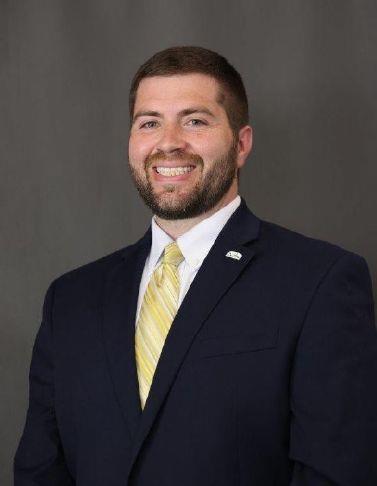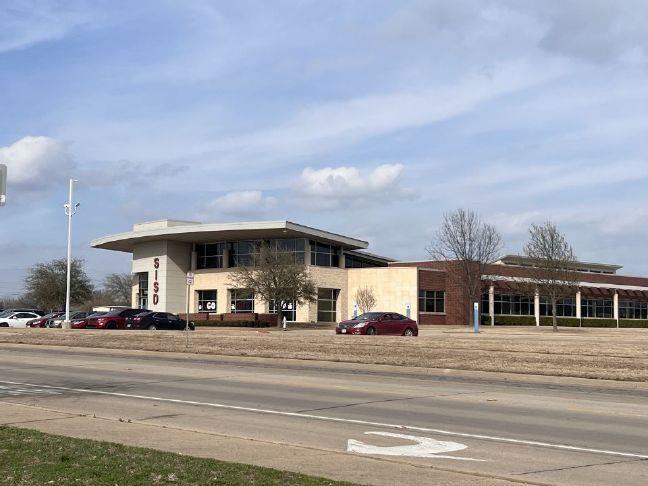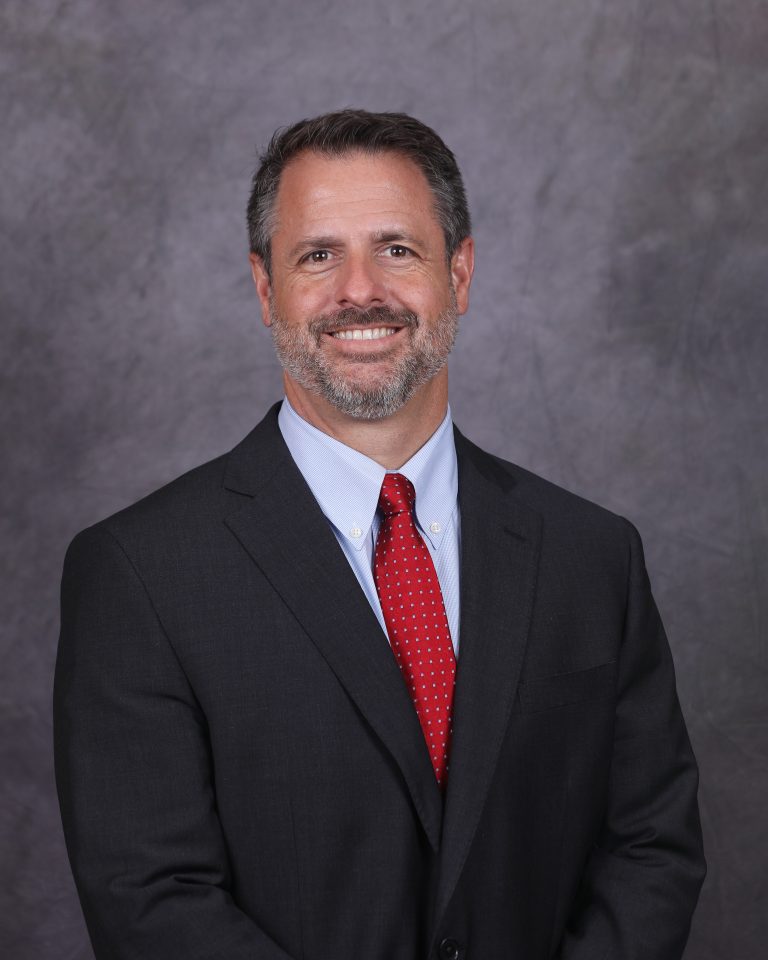Former City Council Member Brian Hander is seeking a seat on the Denison Independent School District School Board. Hander will face off against incumbent Linda Flemming when voters go to the polls this May to decide who should represent the community in the Ward 1, Place 5 seat.
The Herald Democrat recently reached out to all candidates in Denison ISD’s spring elections and asked them a series of questions about their priorities, qualifications and issues facing the district in 2025.
Early voting will be held from 8 a.m. to 5 p.m. April 22-25 and 7 a.m. to 7 p.m. April 28-29.
The polls will be open from 7 a.m. to 7 p.m. on Election Day on May 3.
The answers are published below verbatim with only minimal edits due to style, formatting and if a candidate exceeded the word count.
Q: For anyone who may not know you in the community, who are you, and what motivated you to run for a place on the Denison ISD school board?
A: I am a fourth-generation graduate from the Denison school system. My family and I have deep roots here, and I’ve spent much of my life working in volunteer capacities that support our local community. Whether through serving on local committees or volunteering for various civic organizations, I’ve always been passionate about making Denison a better place for all of us.
What motivated me to run for a place on the Denison ISD school board is my desire to ensure that our students, teachers, and families have the best opportunities to succeed. As a parent and community member, I understand the importance of strong schools, and I believe we need to focus on fostering a positive learning environment, supporting our educators, and ensuring that the district is transparent and efficient in its decision-making.
Q: What unique skill sets or traits do you feel you would bring as a member of the school board?
A: If elected, I plan to bring a combination of strong communication skills, problem-solving abilities, and a commitment to collaboration to the school board. With a background in community outreach and working with diverse groups, I can facilitate open, transparent conversations between the board, teachers, students, and parents. I am also adept at analyzing complex data to inform decision-making. My ability to stay calm under pressure and focus on long-term solutions ensures that I can navigate difficult challenges and guide the district toward sustainable growth.
Q: As a member of the school board, what priorities do you wish to pursue?
A: My primary priorities as a school board member would be improving student outcomes, enhancing teacher support, creating term limits for all board seats, and ensuring fiscal responsibility. I would advocate for educational equity, ensuring that all students have access to the resources and opportunities they need to succeed. Another priority would be strengthening teacher retention by addressing professional development, support systems, and compensation. I would also focus on fostering stronger community engagement and ensuring that the district adapts to the evolving educational landscape. Finally, I believe that transparency in decision-making and accountability for results are key to ensuring the district thrives.
Q: The topic of state funding has been a recurring one for many districts in recent years. The state funding allocation has not been updated since 2019 and many districts have turned to deficit budgets as a way to make ends meet during the interim. How would you go about balancing DISD’s budget during the current funding uncertainty?
A: To balance DISD’s budget during the current funding uncertainty, I would start by exploring all available funding sources, including grants, local partnerships, and cost-sharing initiatives. I would prioritize essential services and programs that directly impact students, while also identifying areas where efficiencies can be achieved, such as administrative costs. Additionally, I would advocate for more stable, updated state funding and work with other districts to lobby for a more equitable distribution. Engaging with the community and maintaining transparency around budgeting decisions will also be essential for ensuring public support and understanding as we navigate these challenges.
Q: Following up on the topic of school budgets, one topic that has been discussed by many districts is increasing teacher compensation. Is this something that should remain a priority while the topic of state funding remains in question? How would you go about funding increases during the current economic climate for the district?
A: “Teacher compensation should remain a priority, as teachers are the foundation of student success. However, it must be balanced with the district’s financial realities. To address this while navigating uncertain state funding, I would explore alternative funding streams, such as grants, private donations, and partnerships with local businesses. I would also look into restructuring the budget to allocate more funds toward compensation without sacrificing critical programs. Prioritizing retention efforts to reduce turnover and associated costs can also make a significant impact. While the state funding issue is unresolved, it is vital to advocate at the state level for long-term solutions to provide sustainable funding.”
Q: What issues do you see facing Denison ISD in 2025 and how do you plan to address them?
A: In 2025, Denison ISD will likely face challenges related to rapid growth, teacher retention, and state funding uncertainty. As the district grows, we must ensure that resources and infrastructure keep pace with student needs. To address teacher retention, I would focus on providing professional development, additional education opportunities, and improving compensation. Additionally, I would work to ensure that the district’s facilities and technology are updated to support 21st-century learning. On the funding front, I would advocate for increased state funding while actively seeking other funding opportunities to ensure fiscal stability. Through collaboration with stakeholders, we can address these issues effectively.




